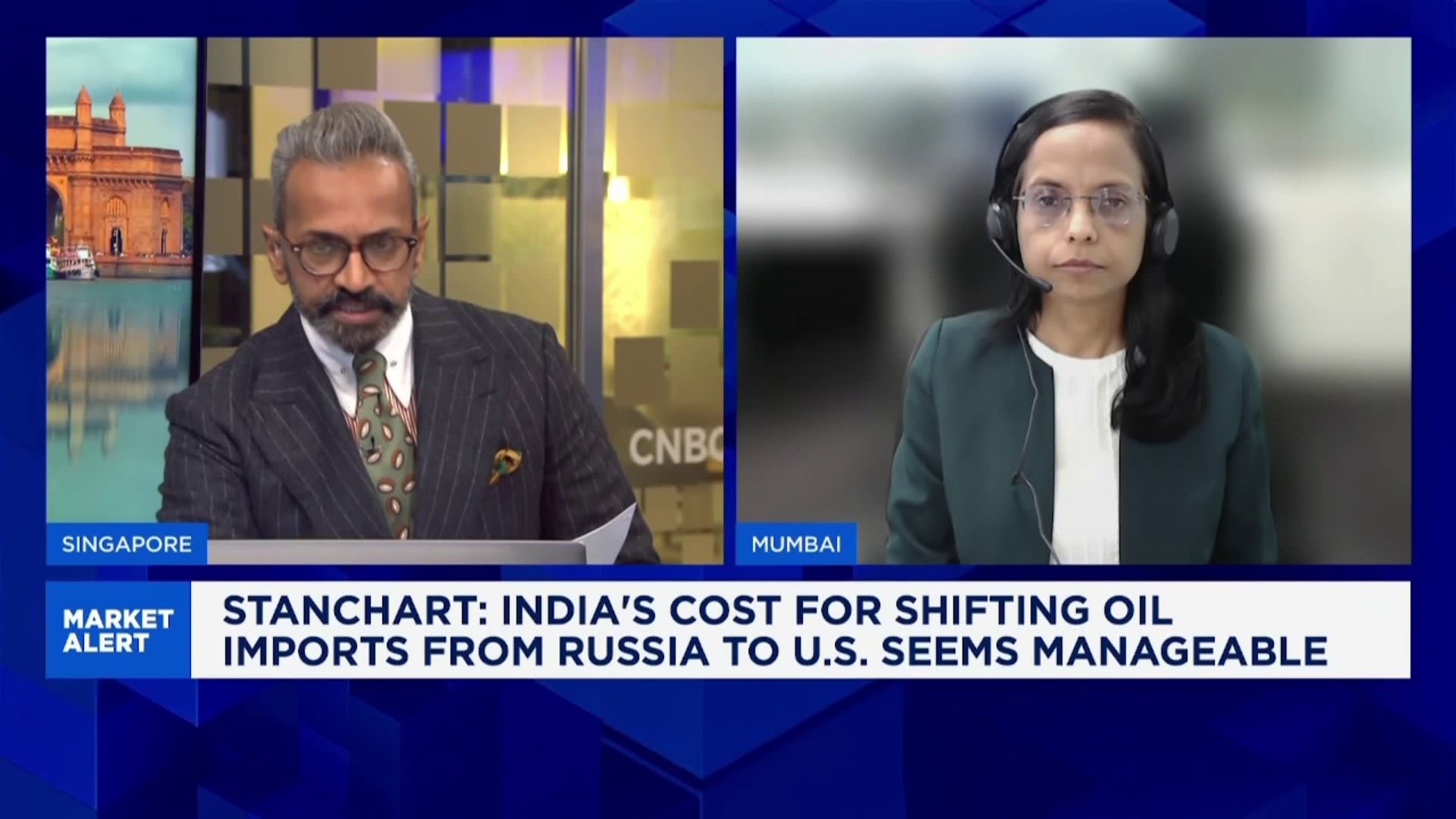India-U.K. Trade Deal: Implications for U.S.-India Relations and Tariff Negotiations
 India
Business & Finance
India
Business & Finance

India's new U.K. trade deal impacts U.S. relations, tariff talks. Goyal highlights protecting Indian interests amid complex global trade dynamics.
India-U.K. Trade Deal's Impact on U.S. Relations
A recent free trade agreement (FTA) between India and the United Kingdom introduces complexities into the trade relationship between India and the United States. The deal, projected to significantly boost the UK's GDP and bilateral trade, simultaneously presents challenges for India in its negotiations with the U.S., particularly concerning tariffs.
Key Aspects of the India-U.K. Agreement
The agreement includes tariff reductions on goods such as Scotch whisky and automobiles. For instance, tariffs on Scotch whisky will be reduced from 150% to 75% initially, and phased down to 40% over a decade. Similarly, tariffs on U.K. autos could drop to 10% under a quota system.
However, the deal also has limitations. It does not include an exemption for India from the U.K.'s carbon tax, nor does it permit tariff-free access for the U.K.'s dairy and agricultural products. India is very sensitive to its farmers' interests. The two countries did not reach an agreement on a new investment treaty as part of the trade deal.
Challenges for U.S.-India Trade Negotiations
These limitations, along with potential implications from the World Trade Organization's (WTO) "Most Favored Nation" principle, affect India's approach to trade negotiations with the U.S. If India were to concede to U.S. demands for lower tariffs on sensitive products like agriculture, it would likely be obligated to offer those same terms to competitors like the United Kingdom and European Union.
India's Perspective
India's Commerce Secretary, Piyush Goyal, has acknowledged the complexities and emphasized the need to protect the interests of Indian farmers and industries.
Optimism Despite Challenges
Despite the challenges, Indian officials remain optimistic about the country's economic prospects and its role as a growing global economy.